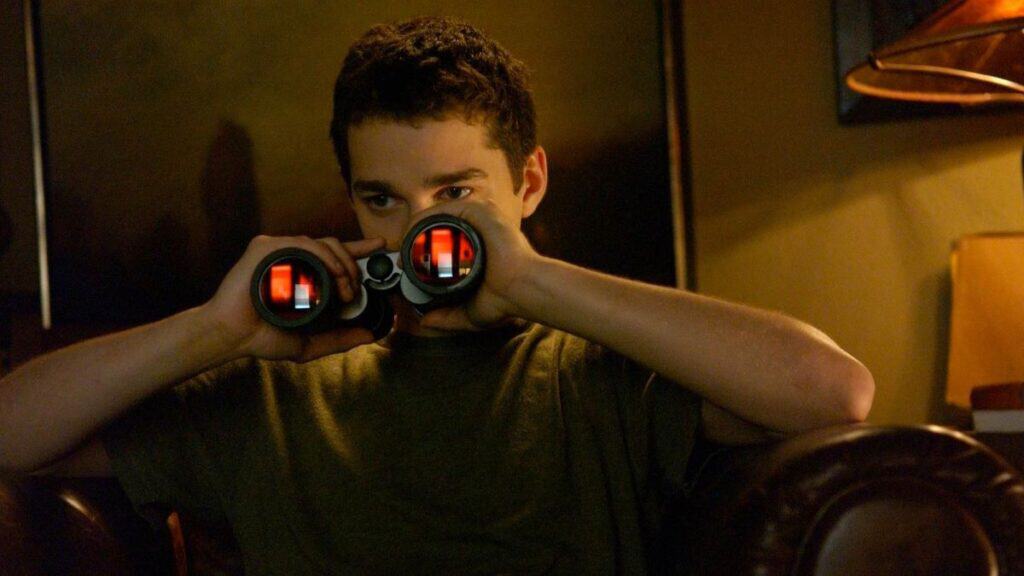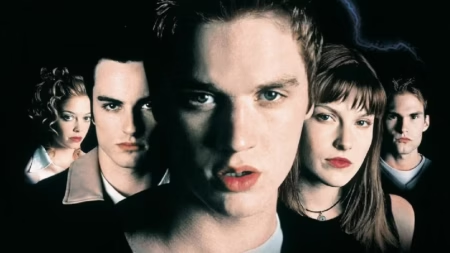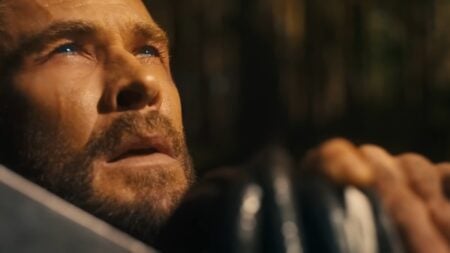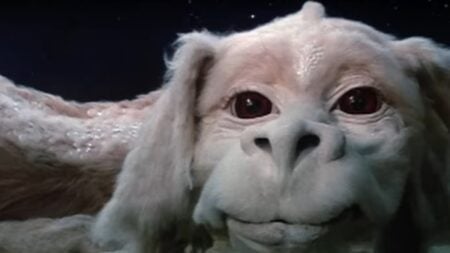Shia LaBeouf is a complicated public figure. He attained success at a relatively young age before moving on to pop-culture ubiquity before he turned 20. Disturbia is the beginning of Shia LaBeouf’s breakthrough era. He quickly became the poster boy for the worst blockbusters of the 2000s and early 2010s. Little did we know that his boom period would lead to terrible things on and off the screen. In a way, this thriller introduced the world to adult Shia LaBeouf, and fans want to relive that experience.
Disturbia is Disturbing for Several Reasons
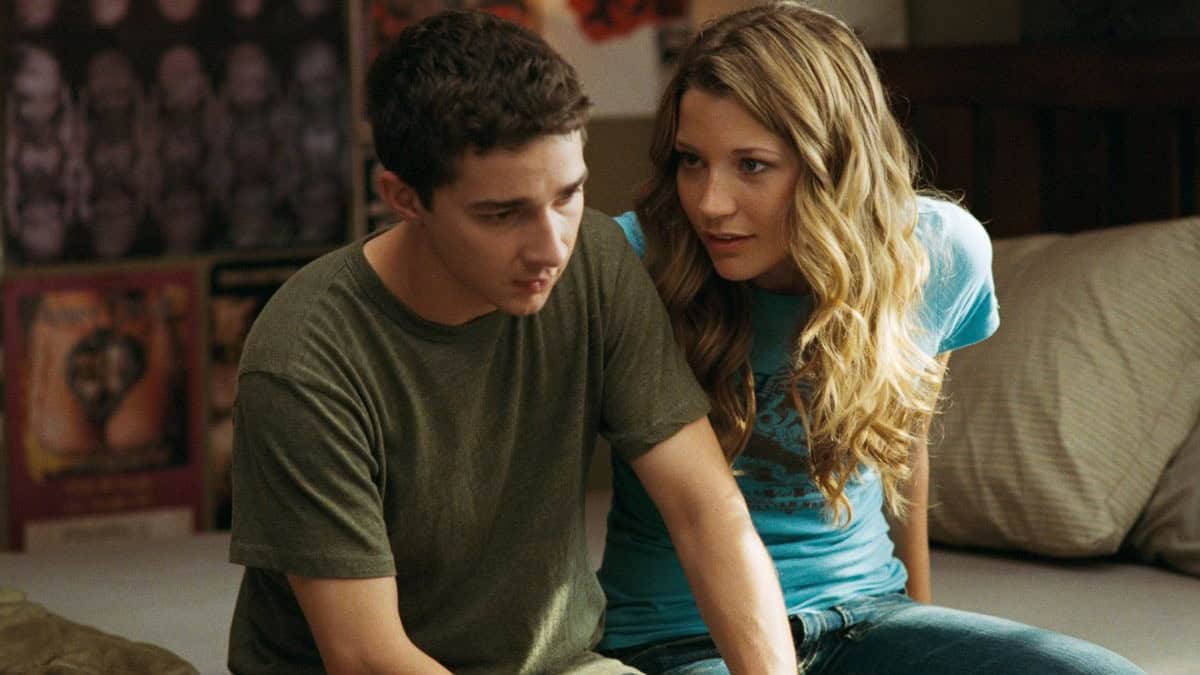
Disturbia is a riff on Hitchcock’s classic thriller, Rear Window. LaBeouf stars as a struggling teen named Kale. He entered a grim spiral after his father’s death, leading him to strike a teacher for daring to mention his late old man. This lands him in house arrest, forcing him to make his own entertainment. He dons a pair of binoculars and selects leering at people without their knowledge as a new hobby. He creepily ogles his attractive next-door neighbor, which bizarrely pays off with no negative consequences. The 2000s were rough for this sort of thing, but you rarely see a “stalking equals romance” narrative played this straight. Luckily, the film provides him with an excuse when he starts to notice hints connecting his other neighbor to a string of deaths. He’ll have to solve the case without leaving his property or earning his neighbor’s wrath.
As a standalone project, Disturbia shows its age in all the worst ways. The premise is sharp, but it hardly gets credit for borrowing from Hitchcock. Plus, Hitchcock borrowed it from a 1942 short story. Rear Window is more than fifty years older than Disturbia, yet it feels so much more timeless. Hitchcock imbues the concept of voyeurism with a sort of camaraderie. After all, we’re watching everything James Stuart sees. It’s a communal experience, thus prompting the same haunting shock when our passive observation catches something real. Disturbia doesn’t have anything to say about the role of the observer or the risks of staring. It’s a straightforward thriller. It’s more interested in an Oprah Winfrey-esque suburban serial killer gimmick than anything as high-minded as curiosity as a problem and its solution. This absence of meaning should allow the film to lean into aesthetics, but it all amounts to nothing.
Disturbia is worth its 105-minute runtime. I’ve found it to be a perfect selection for the type of person who doesn’t typically enjoy horror films. It’s a decent gateway, partially because it doesn’t lean too heavily in any particular direction. The same curious fear of choices will likely push it from your memory before long. Anyone who recalls Disturbia likely has fond memories of it. I wouldn’t recommend revisiting it, especially with the knowledge of Shia LaBeouf’s life since then. This is a glimpse into the past that made me want to close the window.

